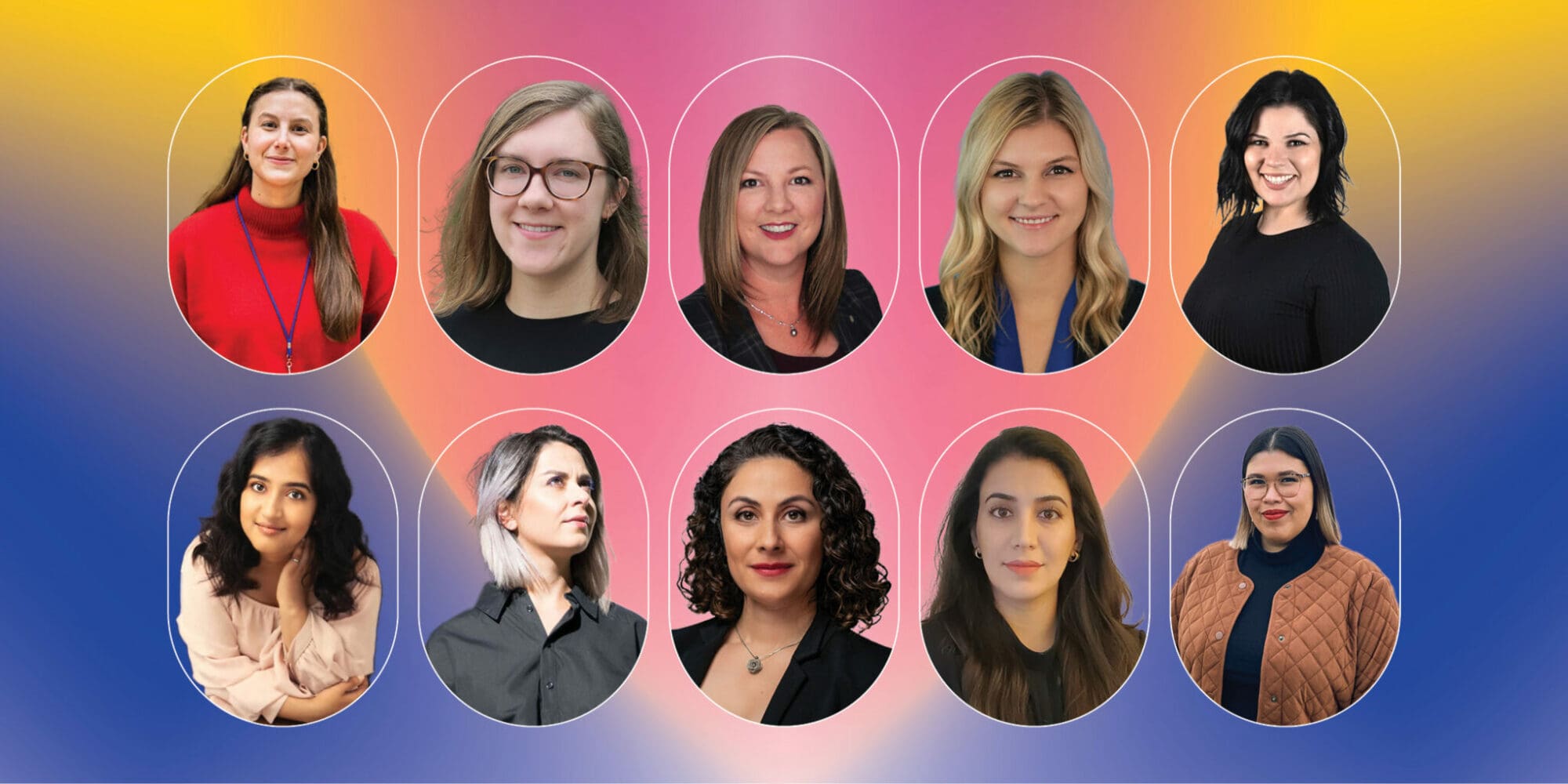Thursday, July 3, 2025
MaRS, North America’s largest urban innovation hub, has announced that there will be 10 entrepreneurs participating in the RBC Women in Cleantech Accelerator program, which aims to help Canadian women scale their cleantech ideas into climate change solutions with global impact. This will be the most extensive cohort to date.
The accelerator is supported by the RBC Foundation through RBC Tech for Nature – a multi-year commitment to preserving the world’s greatest wealth: our natural ecosystem. Working with partners like MaRS, RBC Tech for Nature is supporting the development of technology and innovation capabilities to solve pressing environmental challenges.
“Climate change and the issues we’re facing connect us all as we work to build a better future,” said Mark Beckles, vice-president of Social Impact & Innovation at RBC . “Through RBC Tech for Nature and our partnerships, we are committed to bringing the power of innovative technologies to address and scale solutions to face this crisis together.”
“This cohort includes some of the most exciting cleantech companies from across the country, including innovative new solar power technology, and artificial intelligence for insect farming, sustainably produced clothing textiles and more” said Krista Jones, senior vice president of Venture Services at MaRS. “We’re excited to build on the successful MaRS legacy with the RBC Women in Cleantech Accelerator to help these entrepreneurs solve some of the world’s most existential environmental problems at a global scale.”
Building on the significant success of the MaRS Women in Cleantech Challenge, launched in 2018 in partnership with Natural Resources Canada, the accelerator focuses on supporting Canadian women entrepreneurs with an emphasis on under-represented communities.

The 2022-2024 cohort members include:
- Samira Aghaee Sarbarze, President and co-founder
NeoCtech has developed a zero emission technology to produce rare earth metals from magnet scraps. - Roya Aghighi, CEO
Temporal Futures creates sustainable biomaterials using living organisms, such as bacteria, algae and fungi. - Jennifer Côté, CEO and Co-founder
Opalia makes sustainable and ethical whole milk using mammary cells by harnessing the power of synthetic biology and genetic engineering. - Kayli Dale, CEO
Friendlier is building a logistics system to manage reusable commercial packaging for businesses with individual tracking, supply chain data analytics and sustainability impact tracking. - Natalie Duncan, CEO and Co-founder
Bug Mars Inc. uses AI to refine insect farming by reducing labour with 24/7 monitoring and providing real-time pest and disease alerts to farmers. - Emily Farrar, Co-founder and Co-CEO
Genuine Taste Ltd. is producing low-cost, scalable cultivated animal fat, produced without harm. - Natasha Kostenuk, Founder and CEO
Ayrton Energy Inc. is developing a hydrogen-powered distributed energy system to provide at-home fast electric vehicle charging without impacting grid capacity or emergency backup power generation. - Stephanie Lipp, Co-Founder and CEO
MycoFutures North Atlantic is developing a durable and luxury textile that has the look and feel of leather using fungi. - Rashmi Prakash, Co-Founder and Director
Aruna Revolution Health Inc. creates 100 per cent compostable period pads and liners made from food and crop waste. - Sam Sahar, Co-Founder and Chief Science Officer
Solaires Enterprises Inc. is developing a high power output material that replaces the silicon in solar cells and can be coated on plastic foils to make flexible solar panels.
The two-year accelerator provides participants with targeted advisory support, access to investor and mentor networks and the opportunity to join events held by MaRS and its ecosystem partners.
Learn more about the RBC Women in Cleantech Accelerator and this cohort.
Featured image credit: MaRS.











